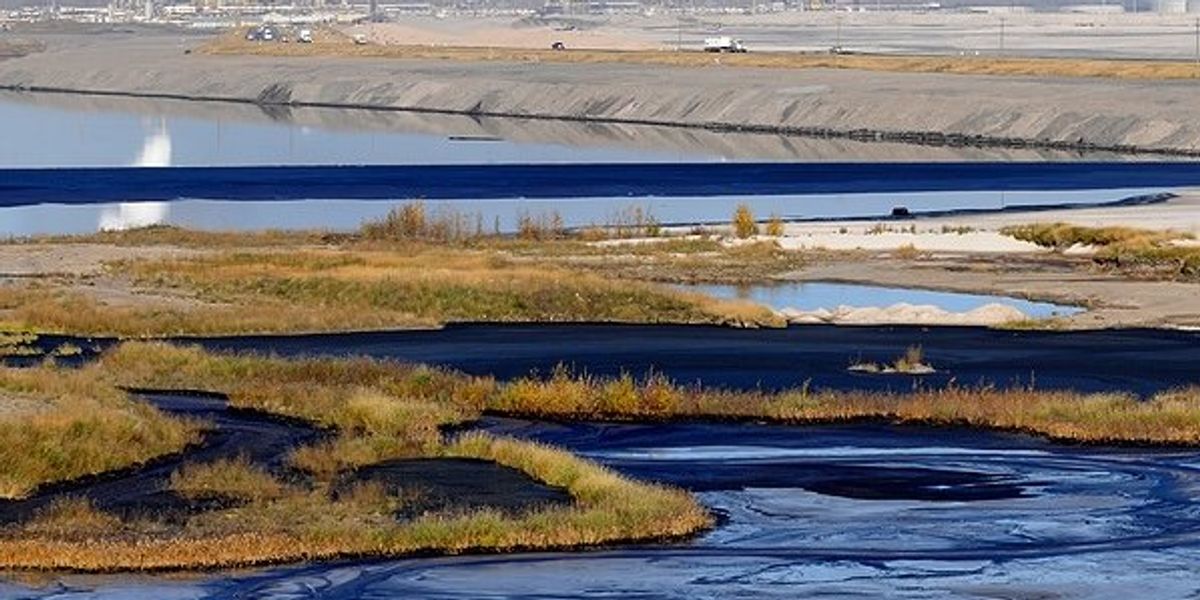
Trump's FEMA freeze delays disaster relief funding for storm-hit communities
The Trump administration’s halt on grant payments by the Federal Emergency Management Agency, triggered by Elon Musk’s social media claims, has stalled disaster aid for communities still recovering from Hurricane Helene and other recent climate-related catastrophes.
Christopher Flavelle, Eduardo Medina, and Luis Ferré-Sadurní report for The New York Times.
In short:
- Elon Musk’s February social media post falsely accused FEMA of misusing disaster aid for migrant housing. Within hours, agency leadership froze payments on billions in grants and fired top officials involved in the transfers.
- The freeze disrupted aid to states, nonprofits, and colleges, including payments for hurricane and wildfire recovery, housing support, and emergency infrastructure repair. Some groups may begin layoffs as early as this spring.
- Homeland Security Secretary Kristi Noem is now weighing a plan to dismantle FEMA entirely, further heightening uncertainty around federal disaster response.
Key quote:
“We have followed the rules. But the system is not working.”
— Damián J. Fernández, president of Warren Wilson College
Why this matters:
As climate-related disasters grow more intense and more frequent, the Federal Emergency Management Agency has become a lifeline for communities on the front lines of hurricanes, wildfires, floods, and other crises. But when that support is delayed, frozen, or otherwise blocked, the consequences are swift and far-reaching. Families are forced to stay in temporary housing longer, local services like clinics and shelters stall, and small nonprofits that rely on FEMA reimbursements are left scrambling to stay afloat.
As climate change accelerates, recent moves by the Trump administration to consider dismantling FEMA has raised alarms, particularly in vulnerable rural and low-income areas. With more Americans than ever relying on the agency, questions are growing louder about whether the country’s disaster safety net is fraying just when it’s needed most.
Read more: Climate-fueled disasters surged in 2024 as FEMA faces political threats













